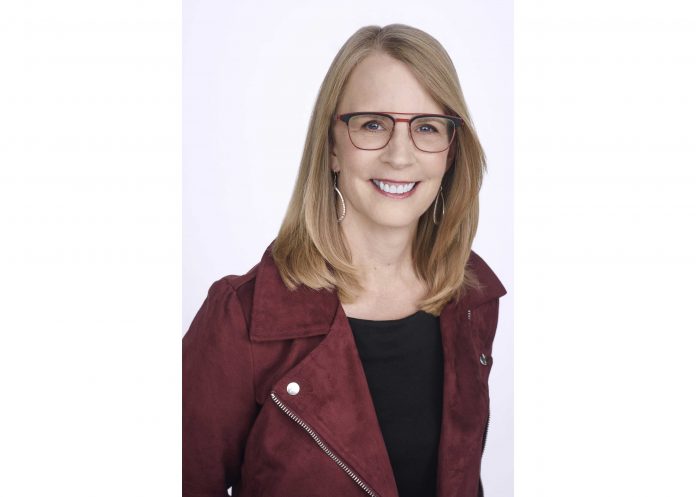
By LIZ WESTON of NerdWallet
Retired engineers Kelly and Derek Barkey assumed they would be approved when they applied for a $50,000 home equity line of credit two years ago to fix up their new house.
The Barkeys, now 56 and 59, had just sold their longtime home in Southern California and paid cash for a house worth about $850,000 near St. Louis, Missouri. They had retirement accounts worth $3 million, $500,000 in a taxable brokerage account and excellent credit scores.
They were surprised when a national bank turned them down. They tried a local credit union, which also rejected them.
“We haven’t been turned down for credit since about 1987,” says Kelly Barkey, remembering when the couple applied for a rewards credit card while she was still a college student.
HOME LOANS CAN BE HARDER TO GET IN RETIREMENT
The federal Equal Credit Opportunity Act prohibits lenders from discriminating against applicants based on age, but that doesn’t mean getting a home loan in retirement will be easy even for those with good credit, little debt and plenty of savings, financial planners say.
The issue is often proving that you have enough steady income to repay the loan, says Lori Trawinski, director of finance and employment for AARP Public Policy Institute.
Working people can use W-2 forms and pay stubs to prove they have sufficient income . Lenders can verify incomes through IRS transcripts, by calling an employer or using massive paycheck databases such as The Work Number. Lenders typically want to see two years’ worth of steady income, but working borrowers aren’t required to prove that their incomes will continue at the same rate.
The rules are more complicated for retirees, Trawinski says. In addition to proving they have enough income to pay the loan, retired people often must prove that the money will continue for at least three years, she says.
HOW MORTGAGE LENDERS VIEW RETIREMENT INCOME
The Barkeys say they draw about $35,000 a year from their taxable brokerage account, and Derek Barkey earns another $35,000 by consulting — more than enough to support the payments on a $50,000 home equity line. Yet they were told their applications had been rejected because of “inadequate income.” Trawinski suspects the Barkeys ran afoul of automated underwriting software that didn’t account for their income properly.
Mortgage lenders typically divide retiree income into two categories: income with a potential expiration date and income without. Pension payments and Social Security retirement benefits based on an applicant’s work record don’t have an expiration date because the income continues for life. By contrast, retirement and investment accounts often are viewed as having an expiration date because the accounts can be depleted over time, so borrowers must prove the income will continue for a minimum of three years.
Lenders can use an “asset depletion” calculation to determine how much income an account can generate. Typically the calculations consider only 70% of the account balance since the underlying investments can lose value. Lenders may divide the result by the number of expected payments, such as 360 in the case of a 30-year loan.
Retirement accounts usually won’t be included in these calculations unless the balances can be accessed without restriction. Since the Barkeys were under 59 1/2 — the earliest age their retirement accounts could be tapped without penalty — lenders typically would ignore the $3 million in those accounts.
HOW TO GET A HOME LOAN APPROVED IN RETIREMENT
Certified financial planner Kayla Johnson of Wilmington, North Carolina, says helping clients in retirement get mortgages and HELOCs often “takes a lot of financial gymnastics.” She recommends people apply for home loans while they’re still working, if possible.
“It’s simplest to secure any loan you may need before retirement,” Johnson says.
People who need home loans and are already retired should consider talking to a loan officer about their situations before submitting an application and risking damage to their credit scores, financial planners say. Such a conversation can help potential applicants get a better feel for how the lender will view their application and how many hurdles lie ahead. Not all lenders are equally skilled at dealing with retired clients, so you may need to talk to more than one lender to find the right fit.
And if you’re turned down, don’t consider that the last word.
After being rejected by the credit union, Kelly Barkey contacted its president by Facebook Messenger to ask why. She says soon afterward, they got a call from the loan department manager admitting the credit union had “overlooked some things.”
“And within a day, we had our HELOC,” Kelly Barkey says.
















